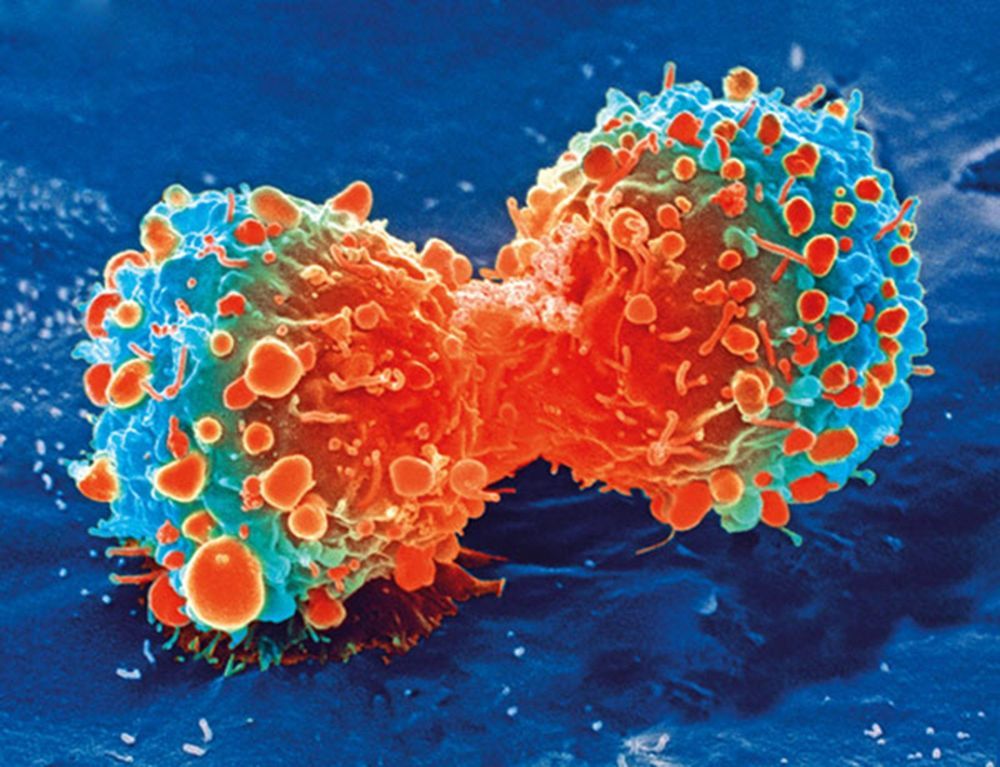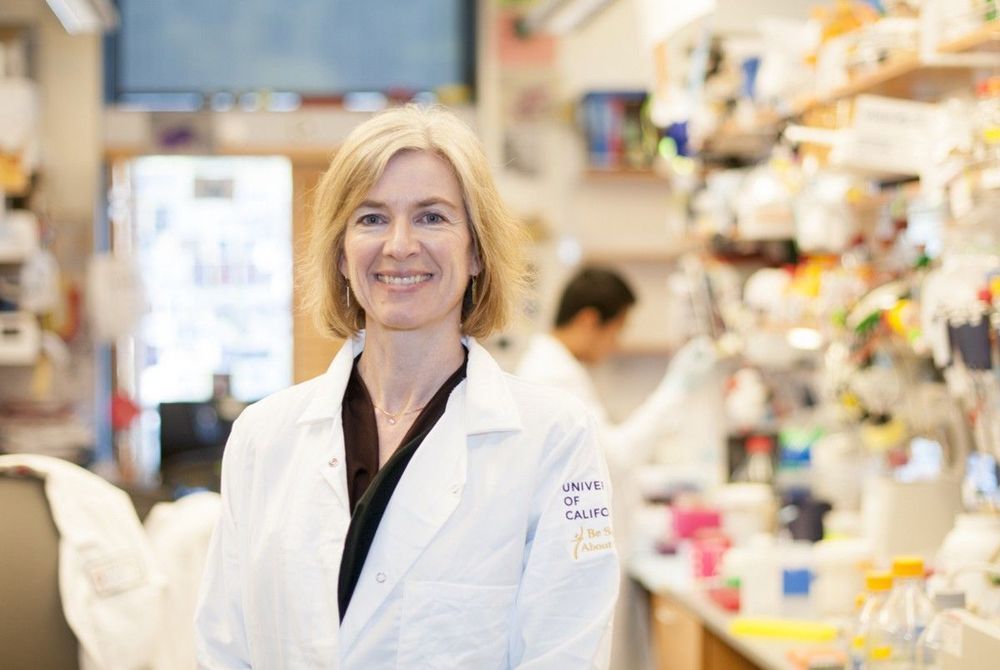On Tuesday afternoon, NASA announced 19 new partnerships with 10 US companies to help bring more cutting-edge technologies closer to production use in spaceflight. There were a lot of useful engineering ideas here, such as precision landing systems and robotic plant farms, but perhaps the most intriguing one involved the rocket company SpaceX and two of NASA’s field centers—the Glenn Research Center in Ohio and the Marshall Space Flight Center in Alabama.
“SpaceX will work with Glenn and Marshall to advance technology needed to transfer propellant in orbit, an important step in the development of the company’s Starship space vehicle,” the NASA news release states. This is a significant announcement for reasons both technical and political.








